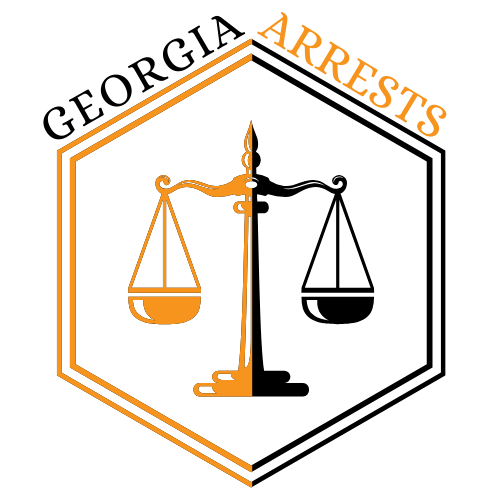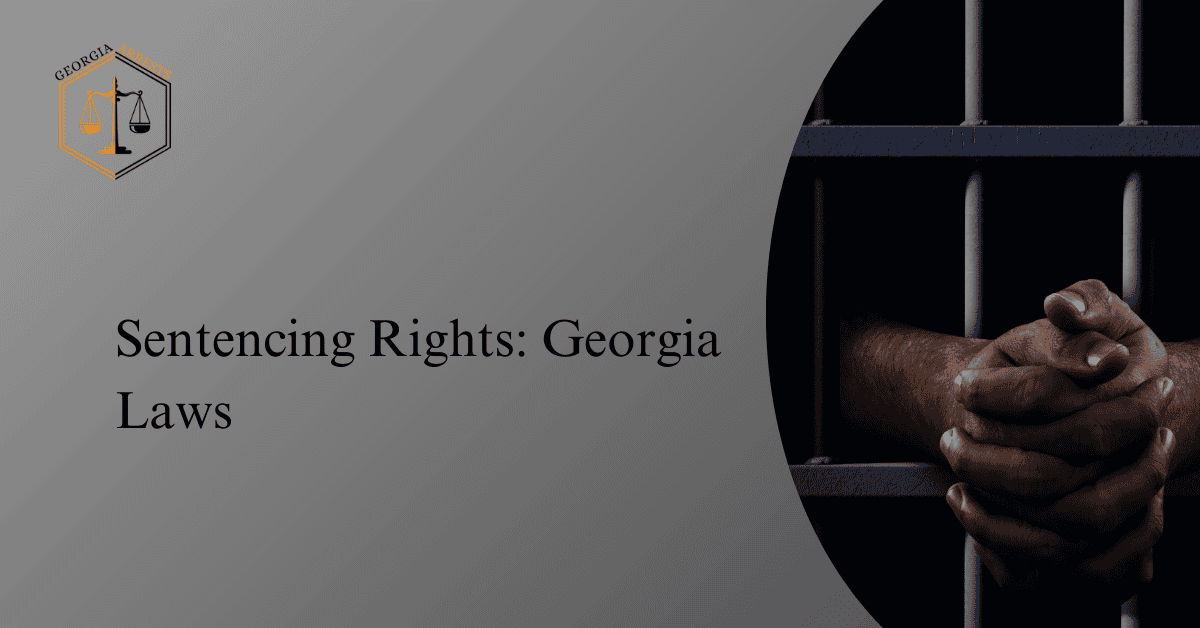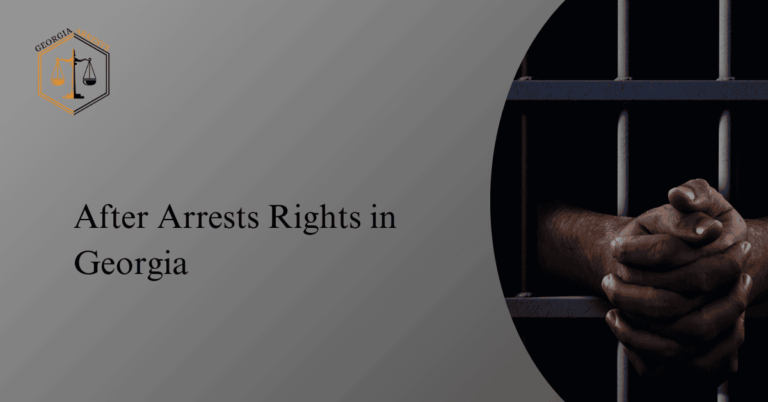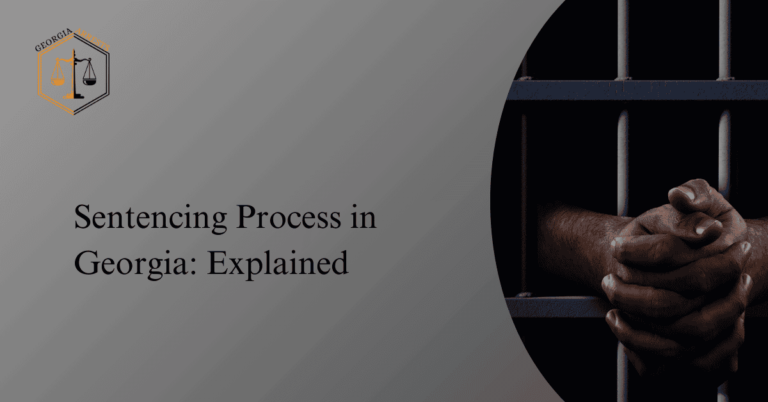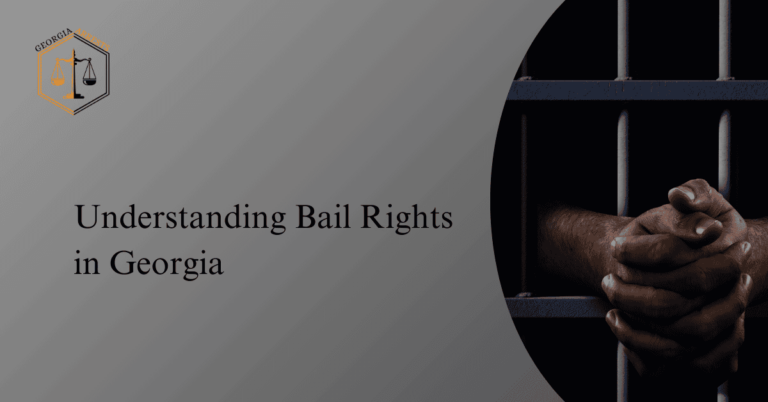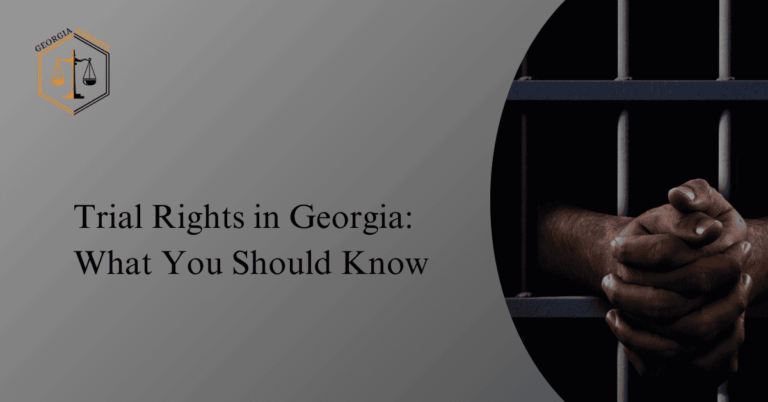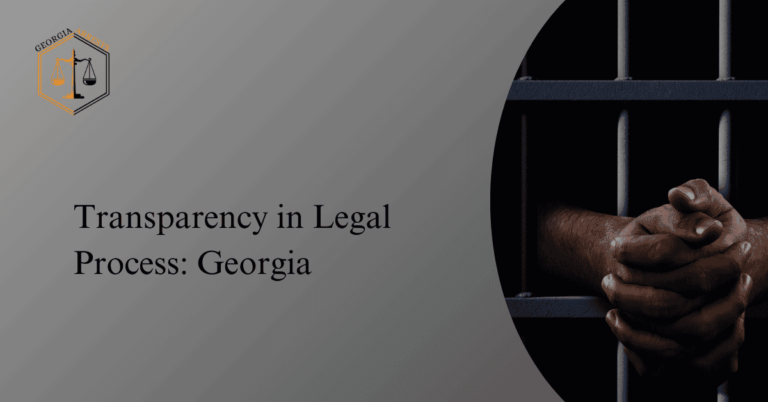Sentencing Rights: Georgia Laws
Sentencing rights in Georgia are governed by a set of laws that outline the procedures and guidelines for determining appropriate punishments for criminal offenses. These laws establish the framework for how individuals convicted of crimes are sentenced, taking into account factors such as the severity of the offense, the offender’s criminal history, and any mitigating circumstances that may warrant a less severe punishment.
Georgia’s sentencing laws is crucial for both defendants and legal professionals involved in the criminal justice system. By familiarizing themselves with these laws, individuals can better navigate the legal process and ensure that their rights are protected throughout all stages of sentencing, from initial hearings to appeals processes.
Overview of Georgia’s Sentencing Laws
Georgia’s sentencing laws play a crucial role in determining the punishment for criminal offenses committed within the state. These laws outline the guidelines and factors that judges consider when sentencing individuals convicted of crimes.
Factors Considered in Determining Sentences
When determining sentences in Georgia, several key factors come into play. The severity of the offense committed is a significant factor, as more serious crimes typically result in harsher punishments. Additionally, the offender’s criminal history is taken into account, with repeat offenders facing stiffer penalties. Mitigating circumstances, such as cooperation with law enforcement or remorse shown by the offender, may also lead to a lesser punishment.
Severity of Offense
The severity of the offense is a critical factor in determining the sentence imposed on an individual in Georgia. Felonies are more serious crimes that carry harsher penalties compared to misdemeanors. Factors such as the level of harm caused, the use of violence, and whether the offense was premeditated all influence the severity of the offense.
Offender’s Criminal History
A person’s criminal history plays a significant role in sentencing decisions in Georgia. Repeat offenders are more likely to receive longer sentences as they pose a higher risk to society. Judges consider past convictions, probation violations, and the overall pattern of criminal behavior when determining the appropriate punishment.
Mitigating Circumstances for Lesser Punishment
There are instances where mitigating circumstances can lead to a lesser punishment for an offender in Georgia. Factors such as cooperation with law enforcement, showing remorse for the crime committed, or having a clean criminal record prior to the offense can all work in favor of the defendant. Judges take these factors into consideration to ensure a fair and just sentencing outcome.
Importance of Understanding Georgia’s Sentencing Laws
Understanding Georgia’s sentencing laws is crucial for defendants, legal professionals, and anyone navigating the legal system. By knowing the laws that govern sentencing, individuals can better protect their legal rights, ensure fair treatment in court, and effectively navigate the complexities of the legal process.
Defendants’ Rights Protection
One of the primary reasons for understanding Georgia’s sentencing laws is to protect defendants’ rights. Knowing the legal guidelines and procedures can help individuals advocate for themselves, challenge unfair sentencing decisions, and ensure that their constitutional rights are upheld throughout the legal process.
Legal Professionals’ Role in the Process
Legal professionals, including attorneys and judges, play a crucial role in interpreting and applying Georgia’s sentencing laws. These professionals use their expertise to guide defendants, present legal arguments in court, and ensure that sentencing decisions align with the law. By working with knowledgeable legal professionals, individuals can navigate the legal system effectively and achieve the best possible outcome in their case.
Navigating the Legal System Effectively
Effectively navigating the legal system in Georgia requires a thorough understanding of sentencing laws and procedures. By familiarizing themselves with the factors that influence sentencing decisions, individuals can make informed decisions, present compelling arguments in court, and work towards a fair and just resolution to their legal matters. Whether facing criminal charges or seeking justice in a civil case, having a grasp of Georgia’s sentencing laws is essential for a successful legal outcome.
Frequently Asked Questions
Our Frequently Asked Questions section is designed to provide you with detailed information on Sentencing Rights: Georgia Laws. Below, you will find answers to commonly searched queries on Google. Each question is followed by a detailed explanation to ensure you have all the information you need.
What are sentencing rights in Georgia?
Sentencing rights in Georgia refer to the rights granted to individuals during the sentencing phase of a criminal case. These rights include the right to be present at sentencing, the right to speak on one’s behalf, and the right to appeal a sentence that is considered unjust.
How does the sentencing process work in Georgia?
In Georgia, the sentencing process typically begins after a defendant has been found guilty of a crime. The judge will consider various factors, such as the severity of the offense, the defendant’s criminal history, and any mitigating or aggravating circumstances, before determining an appropriate sentence.
Can a sentence be appealed in Georgia?
Yes, a sentence can be appealed in Georgia. If a defendant believes that their sentence is unjust or incorrect, they have the right to appeal the decision. This process involves filing a notice of appeal and presenting arguments to a higher court in an attempt to have the sentence overturned or modified.
What factors are considered during sentencing in Georgia?
During sentencing in Georgia, the judge will consider a variety of factors, including the nature and severity of the offense, the defendant’s criminal history, any mitigating or aggravating circumstances, and the impact of the crime on the victim. These factors help the judge determine an appropriate sentence that takes into account the unique circumstances of the case.
Are there mandatory minimum sentences in Georgia?
Yes, Georgia does have mandatory minimum sentences for certain crimes. These are predetermined minimum sentences that must be imposed by the judge upon conviction of certain offenses. Mandatory minimum sentences are intended to ensure that individuals convicted of serious crimes receive a minimum level of punishment, regardless of other factors.
How can I protect my sentencing rights in Georgia?
To protect your sentencing rights in Georgia, it is important to work closely with an experienced criminal defense attorney. Your attorney can help you understand your rights, navigate the legal process, and advocate on your behalf during sentencing. By having strong legal representation, you can increase the likelihood of receiving a fair and just sentence.
